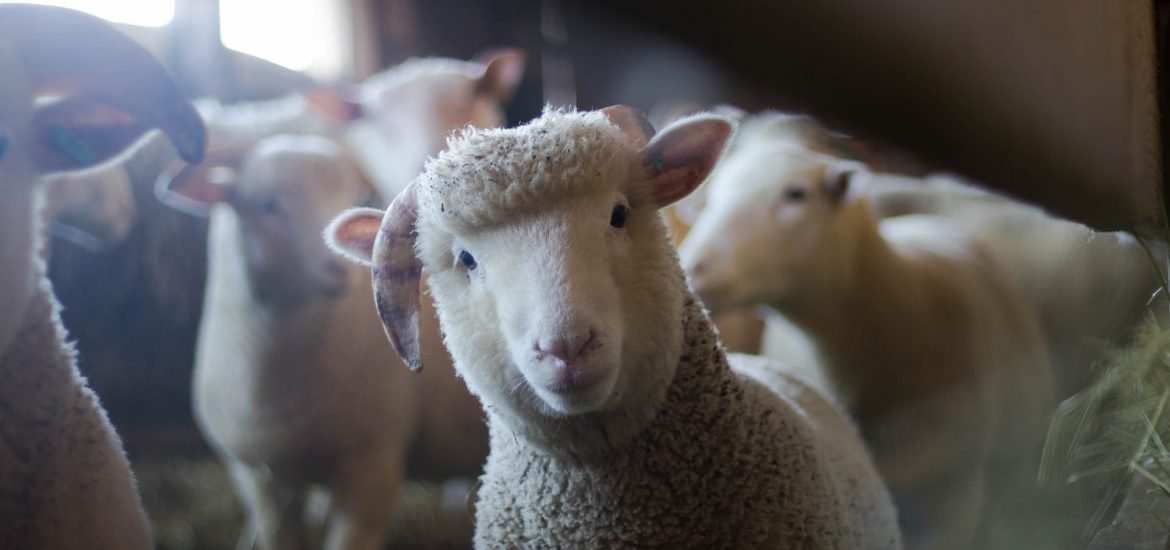
A new report from UK’s Environment, Food and Rural Affairs Committee warns that Brexit will have “a significant impact” on both farmers and consumers if the UK leaves the EU without a free-trade agreement.
Published today, the Brexit: Trade in Food report urged the Department for Environment, Food and Rural Affairs (Defra) to “consider providing a fund to support [the UK’s] food producing industry.”
The committee examined how a potential EU trade deal could affect farmers, food processors and consumers and assessed the impact trading under World Trade Organisation (WTO) rules would have on the UK’s farming and food sectors.
By withdrawing from the EU, the UK loses access to the benefits provided under the bloc’s common agricultural policy (CAP). As a result, UK farmers will no longer receive EU subsidies. If Brexit negotiations fail to produce an EU trade deal, the UK would also face export tariffs on farm produce from March 2019.
The agriculture industry employs one out of every eight people in the UK and generates over £110 billion a year, according to the report. The EU is the UK’s single largest trading partner in farm produce, accounting for 60% of exports and 70% of imports. In addition to raising prices of EU imports for consumers, a no-deal outcome would also make UK exports less competitive on the EU market.
Helen Dickinson, chief executive of the British Retail Consortium, told the BBC that the committee’s report emphasised how failing to negotiate a trade deal would negatively impact farmers, food producers and shoppers across the UK.
“If the UK leaves the EU with no trade agreement, the average WTO tariff of 22% that would be applied to imports, would increase prices for consumers… this would be an unappetising hit to their weekly food bills,” Dickinson said. “Given that over two thirds of our food that is imported comes from the EU to supplement UK production, the scale of this potential impact is clear.”
Neil Parish MP, chair of the committee, underscored the importance of the food and farming sector to the UK economy. “The country’s half a million farmers produce 60% of the food eaten in the UK and manage some 70% of the land area,” he said. “It is vital that future trade arrangements allow farmers and food processors to compete effectively.”
The sheep farming industry could be significantly worse-off in the event of WTO tariffs on UK lamb, according to the committee. “The EU is very important for UK sheep meat exports, with more than 95% of its export volume destined for the EU,” the report states. The Welsh lamb market in particular is highly dependent on the EU market, “with 92% of exports (by value) and 85% (by volume) destined for the EU.”
WTO tariffs would increase prices of UK sheep meat exports by 50%, making them uncompetitive on the EU market.
Defra has said it could “secure ambitious free trade deals while supporting farmers.” In January, however, environment secretary Michael Gove told farmers the UK government would only guarantee subsidies at the current EU level until the 2022 election.
“Leaving the EU gives us a golden opportunity to secure ambitious free trade deals while supporting our farmers and producers to grow and sell more great British food,” according to a Defra spokesperson quoted by BBC. “Any future [EU-UK] deal must work for UK farmers, businesses and consumers, and we will not compromise on our high environmental or welfare standards.”